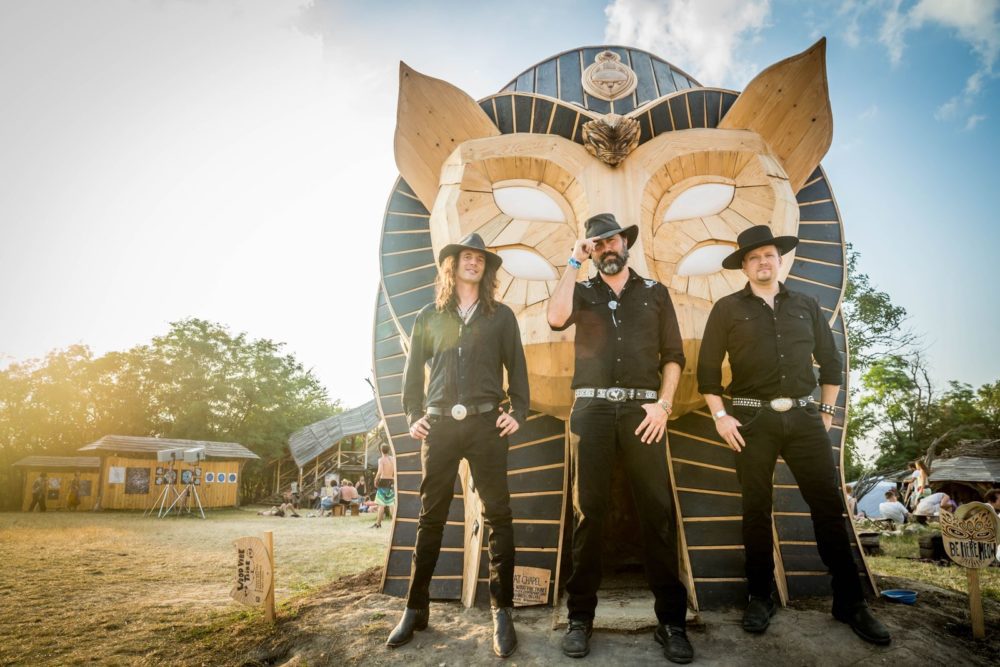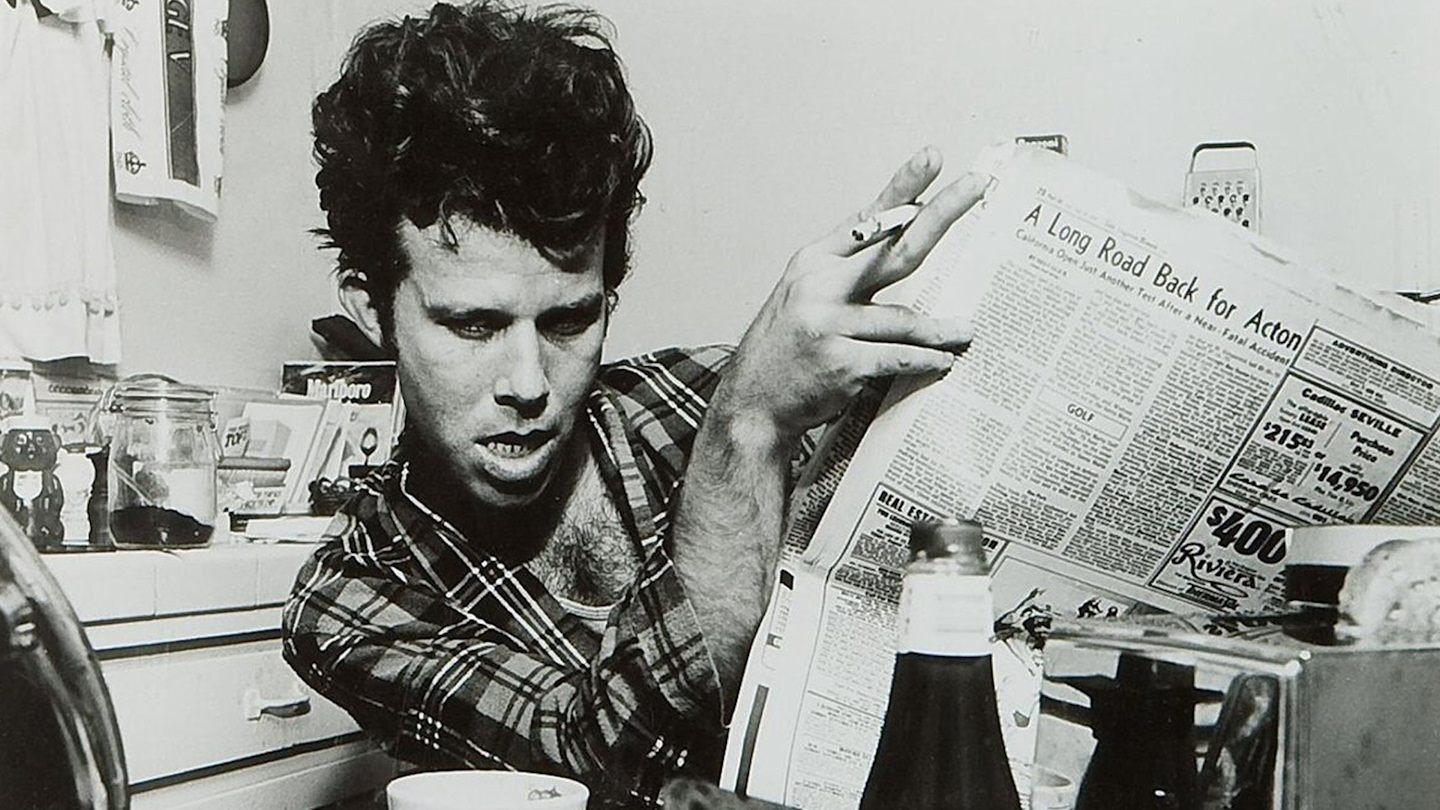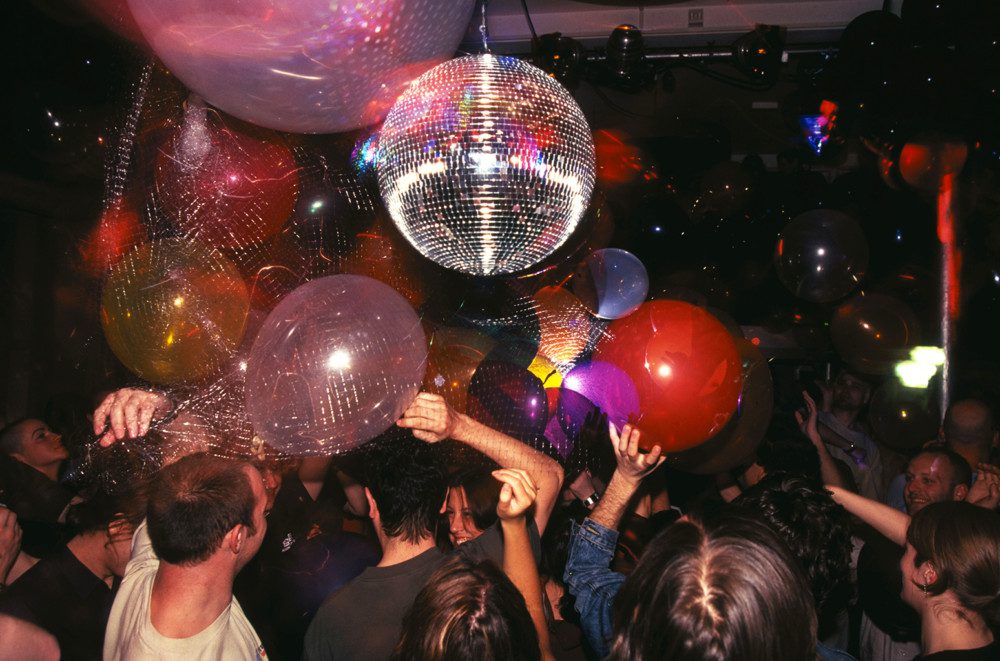

Over Thanksgiving break, I found myself with a friend in a San Francisco hotel room on a rainy day without any plans. I also found myself with a bag of cubensis mushrooms another friend of mine had just grown, as well as the Soundcloud link Dirtwire’s latest album, Electric River.
Dirtwire — consisting of trio Evan Fraser, David Satori, and Mark Reveley — describes itself as “an americana, bluegrass, blues, electronica, folk, world group from Oakland.” This album in particular was inspired by the band’s experimentation with psilocybin mushrooms. Its cover depicts Maria Sabina, a Mexican medicine woman who healed people using this increasingly popular psychedelic, and one of the tracks, “Sabina,” is even dedicated to her.
“We wanted to capture a name for that magic that is the psychedelic experience, and we decided on Electric River,” the band said in a press release. “We have been using psilocybin mushrooms as a tool to open ourselves to other dimensions of sounds and creativity since the first recording Dirtwire ever made. We feel it’s time to tell this story and are very excited to see that there is a change going on in the collective consciousness in terms of how we relate to plant medicine.”
My first impression of the album’s first song, “Talking Bird” featuring Mbilou and Aya, was that I thought I’d heard it before. What it reminded me of, I realized, was the Bwiti music from Gabon that’s used for iboga ceremonies. After looking further into it, I realized that’s because Mbilou — who’s playing the mongongo (“mouth bow”) — is part of the Bwiti tribe.
The next track, “Cannonball,” sounds like a completely different band (in part because it is just the usual Dirtwire members), giving off chill indie-rock vibes reminiscent of alt-J and incorporating harmonica, the one instrument that provides a constant thread throughout the album. In fact, each song sounds like it could be from a different artist, which is what makes the album appropriate for a mushroom trip. The music helped direct my friend and I through a variety of philosophical discussion topics, from the meaning of karma to the motivations of men’s rights activists to how goddamn pointless life feels sometimes.
Some of the songs have more obvious spiritual influences; “The Eagle and the Condor” ostensibly references an ancient Amazonian prophecy that society would split into two groups for 500 years starting in the 1490s, with the cerebral, masculine Eagles overpowering the intuitive, feminine Condors. The music sounds like two different energies in conversation, with voices warped as if blowing in the wind with these two birds.
The group’s blues influence is most evident in “Psyloon,” with its heavy harmonicas and irregular rhythms. String instruments feature heavily on this track, as well as “Ali,” while “Datura” paints a jungle scene with wind instruments. “Strength in One,” featuring Trevor Hall, is a catchy and inspirational track that conjures up Xavier Rudd, with lyrics like “if we gonna survive, better find a new way.”
The highlight of the album, though, is the hauntingly beautiful and hymn-like “Seem to Freeze” featuring Emma Lucia. It begins slow and gentle and then the rhythm picks up, building to a chorus you can’t help but sway to (especially if you’re on mushrooms). The mood of the trip hit its peak each time I heard Lucia’s breathy “ooh ay ay ay” and the enchanting chimes that follow.
Overall, Electric River represents all the beautiful and varied facets of psychedelic mushrooms, from their tribal origins to their vast modern musical influence. And best of all, that’s evident whether you yourself are tripping or not.




